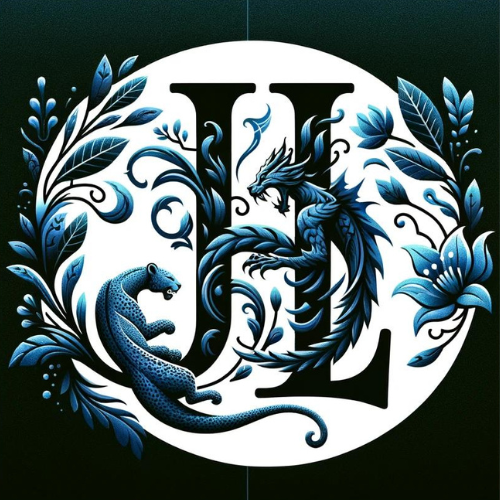Dov on: how to negotiate:
One of the joys of travel has been bargaining and teaching my kids to negotiate. It is a very useful skill that can come in handy in numerous types of situations, from buying rugs in Istanbul, silver jewelry in India, everything in china, to buying a car or real estate in Los Angeles. The skill is also useful to settle litigation.
Negotiating, much like writing a book or painting a picture, generally is a combination of technique and, for lack of a better word, art. This is what differentiates a decent book or painting from a great one. The same goes for a movie, an athlete, or almost anything else.
Many books and videos exist on negotiating and focus by necessity on the techniques and technicalities involved. The better ones will include what to expect in the process. This includes statements like this is my best / lowest price, or below my cost, Or my boss/owner will never go for this price. Or the refusal to move lower until you walk out the door. Then there's the concept of anchoring, which is extremely important. Anchoring your target price is best after you do your research when possible. Most importantly, don't be influenced by the price placed by the other party. Establish your acceptable price which can be ten percent of the other price. It works best if you justify your price in your mind.
An important key in any negotiation is to listen carefully. This can be more fruitful than you talking, in life as in negotiating. People can inadvertently drop hints or clues to help your negotiations.
The most important aspect in any negotiation is not to consider the other party as an enemy but almost as a dance partner. Your interests are aligned insofar as both parties want to reach an agreement. All that is missing are the terms. It is difficult to accept this but it does not mean giving ground on your price.
Two final thoughts. First, that you can and will walk away, and believe it. You may need to do just that. Second, set your anchor significantly below your target price, which might be your budget or authorized amount, if you're a buyer. For example, if you are buying a new car priced at 30k and your budget is 27k, set your anchor around 24k.
